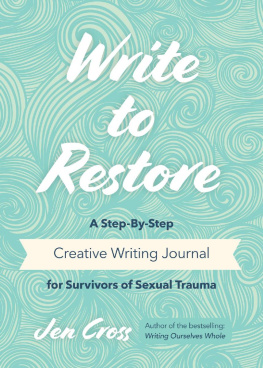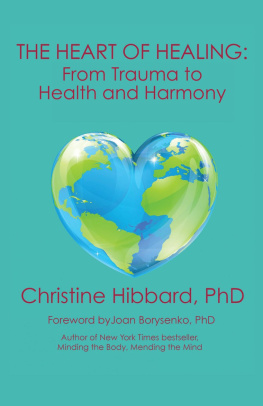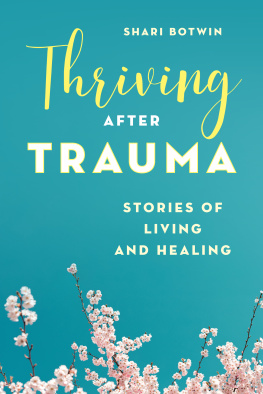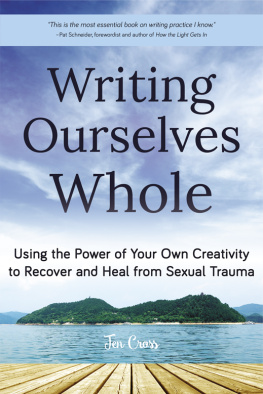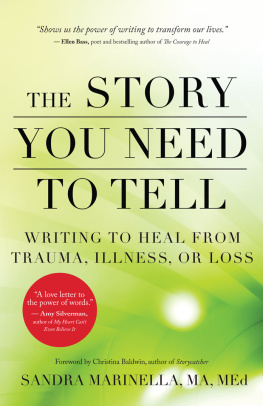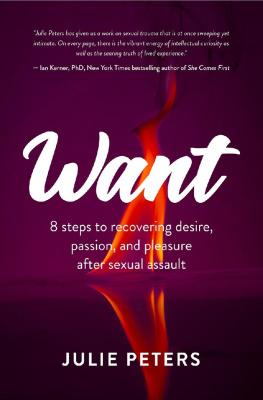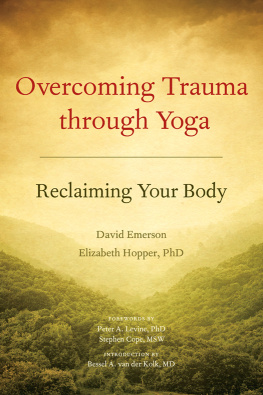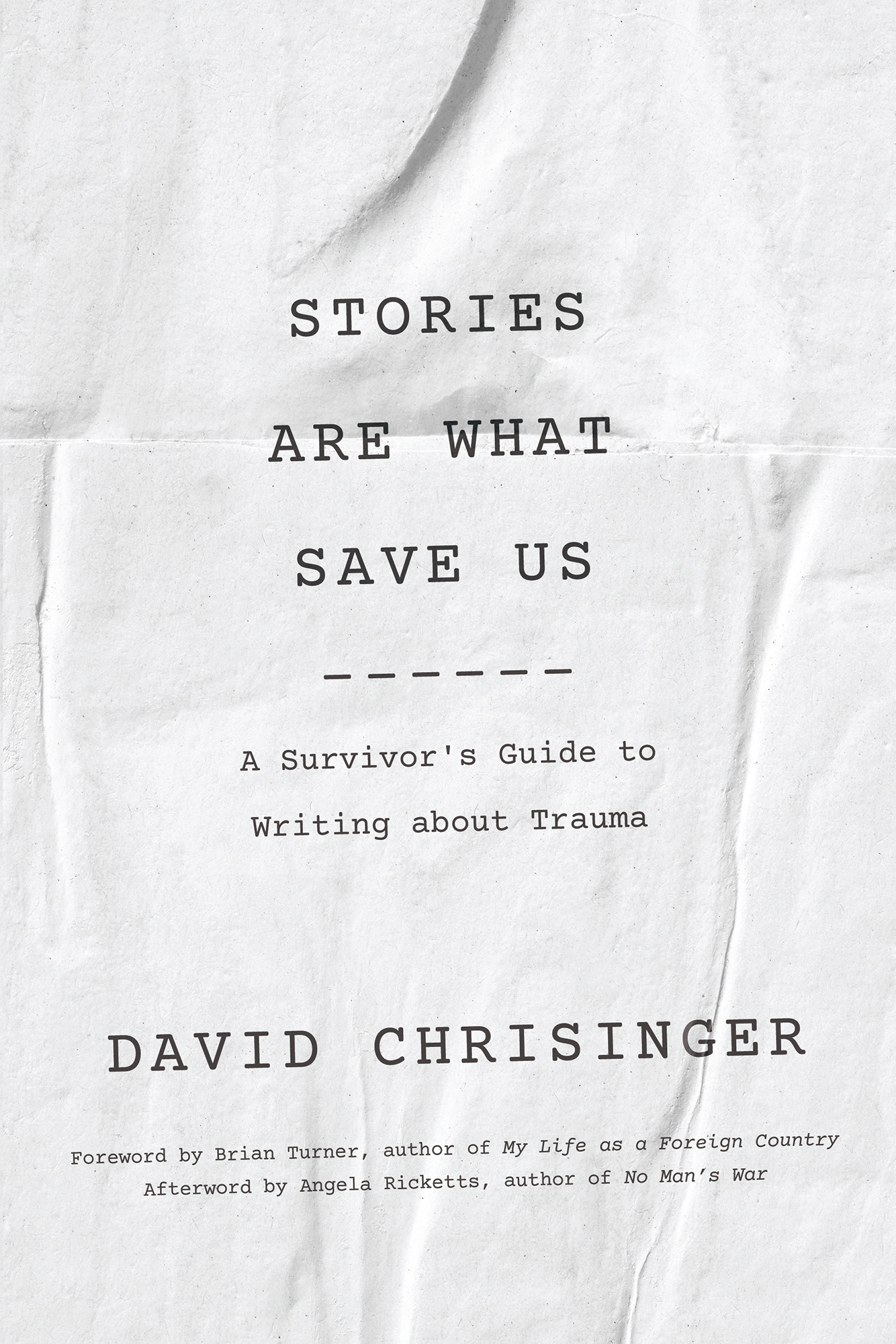David Chrisinger - Stories Are What Save Us: A Survivors Guide to Writing about Trauma
Here you can read online David Chrisinger - Stories Are What Save Us: A Survivors Guide to Writing about Trauma full text of the book (entire story) in english for free. Download pdf and epub, get meaning, cover and reviews about this ebook. year: 2021, publisher: Johns Hopkins University Press, genre: Detective and thriller. Description of the work, (preface) as well as reviews are available. Best literature library LitArk.com created for fans of good reading and offers a wide selection of genres:
Romance novel
Science fiction
Adventure
Detective
Science
History
Home and family
Prose
Art
Politics
Computer
Non-fiction
Religion
Business
Children
Humor
Choose a favorite category and find really read worthwhile books. Enjoy immersion in the world of imagination, feel the emotions of the characters or learn something new for yourself, make an fascinating discovery.

- Book:Stories Are What Save Us: A Survivors Guide to Writing about Trauma
- Author:
- Publisher:Johns Hopkins University Press
- Genre:
- Year:2021
- Rating:5 / 5
- Favourites:Add to favourites
- Your mark:
Stories Are What Save Us: A Survivors Guide to Writing about Trauma: summary, description and annotation
We offer to read an annotation, description, summary or preface (depends on what the author of the book "Stories Are What Save Us: A Survivors Guide to Writing about Trauma" wrote himself). If you haven't found the necessary information about the book — write in the comments, we will try to find it.
A seasoned writer and teacher of memoir explores both the difficulties inherent in writing about personal trauma and the techniques for doing so in a compelling way.
Since 2013, David Chrisinger has taught military veterans, their families, and other trauma survivors how to make sense of and recount their stories of loss and transformation. The lessons he imparts can be used by anyone who has ever experienced trauma, particularly people with a deep need to share that experience in a way that leads to connection and understanding.
In Stories Are What Save Us, Chrisinger showsthrough writing exercises, memoir excerpts, and lessons hes learned from his studentsthe most efficient ways to uncover and effectively communicate what youve learned while fighting your lifes battles, whatever they may be. Chrisinger explores both the difficulties inherent in writing about personal trauma and the techniques for doing so in a compelling way. Weaving together his journey as a writer, editor, and teacher, he reveals his own deeply personal story of family trauma and abuse and explains how his life has informed his writing.
Part craft guide, part memoir, and part teachers handbook, Stories Are What Save Us presents readers with a wide range of craft tools and storytelling structures that Chrisinger and his students have used to process conflict in their own lives, creating beautiful stories of growth and transformation. Throughout, this profoundly moving, laser-focused book exemplifies the very lessons it strives to teach. A foreword by former soldier and memoirist Brian Turner, author of My Life as a Foreign Country, and an afterword by military wife and memoirist Angela Ricketts, author of No Mans War: Irreverent Confessions of an Infantry Wife, bookend the volume.
David Chrisinger: author's other books
Who wrote Stories Are What Save Us: A Survivors Guide to Writing about Trauma? Find out the surname, the name of the author of the book and a list of all author's works by series.

